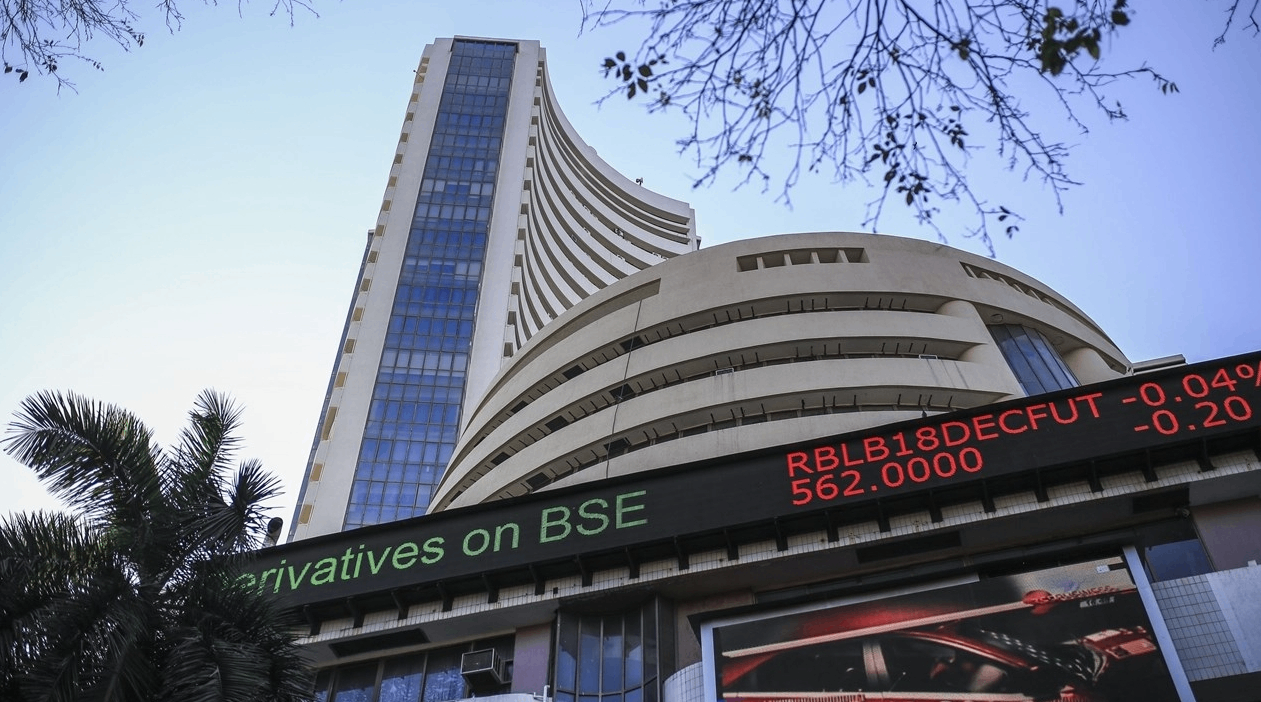Fortunately, in the wave of foreign investment withdrawal, India's local investors took over the chips.
On October 16, media compiled data showed that foreign investors sold off Indian stocks this month, and their net outflow reached its highest level since March 2020.Since the beginning of this month, the Mumbai Sensex index has fallen by 2.94%.
As of October 14, foreign sovereign funds have withdrawn more than US$7 billion from the Indian stock market. If this trend continues, the Indian stock market will set a record selling after the epidemic this month.Some analysts believe that the outflow of funds from the Indian stock market is related to the rise of China market in the short term.
Fortunately, in the wave of foreign capital withdrawals, Indian local investors took over the chips. During the same period, they purchased nearly US$7.2 billion in stocks, offsetting losses in the Indian market and easing panic.
Despite this, the bullish sentiment in the Indian market is quietly changing.In a survey by U.S. firm BofA Securities, bulls and bears on India are currently basically flat, which is in sharp contrast to the optimistic position of the bulls leading by 32% in July.
Ritesh Samadhiya, a strategist at Burson-Mariner, said in a report that from the sharp narrowing of the sentiment gap, we can see that the increase in sentiment in the China market is at the expense of the decline in sentiment in the Indian market.
Over the past four years, the Indian market has undoubtedly been a shining star among emerging markets.
Data shows that from the beginning of April 2020 to the end of September 2024, the cumulative increase in the Sensex30 Index in Mumbai, India reached 186.1%, far exceeding the gains of the U.S. Stock Index, the S & P 500 and many major European market stock indexes over the same period, ranking first in the world.
However, India's economy has recently hit a bottleneck. In the first quarter of the 2024/25 fiscal year (April 2024 to June 2024), India's year-on-year growth rate of GDP slowed down from 7.8% in the previous quarter to 6.7%, the smallest increase in five quarters and a significant slowdown from 8.2% in the same period last year.
At the same time, in September this year, tax growth on goods and services tax, a measure of the health of India's economy, fell to its lowest level in more than three years, and car sales, a measure of consumption, also fell sharply by 19% year-on-year.The previous month, an index that tracks output in eight core industries, including coal, oil and electricity, fell for the first time in more than three years, which does not bode well.
Morgan Stanley believes that the high valuation of the Indian stock market and the shift in monetary and fiscal policies, coupled with the slowdown of the Indian economy in the latest quarter, may become the main short-term risks for the Indian stock market.Bernstein Societe Generale Group also said that the Indian market appears to be "quite fragile in the short term, driven by record high relative valuations in China and emerging markets."

